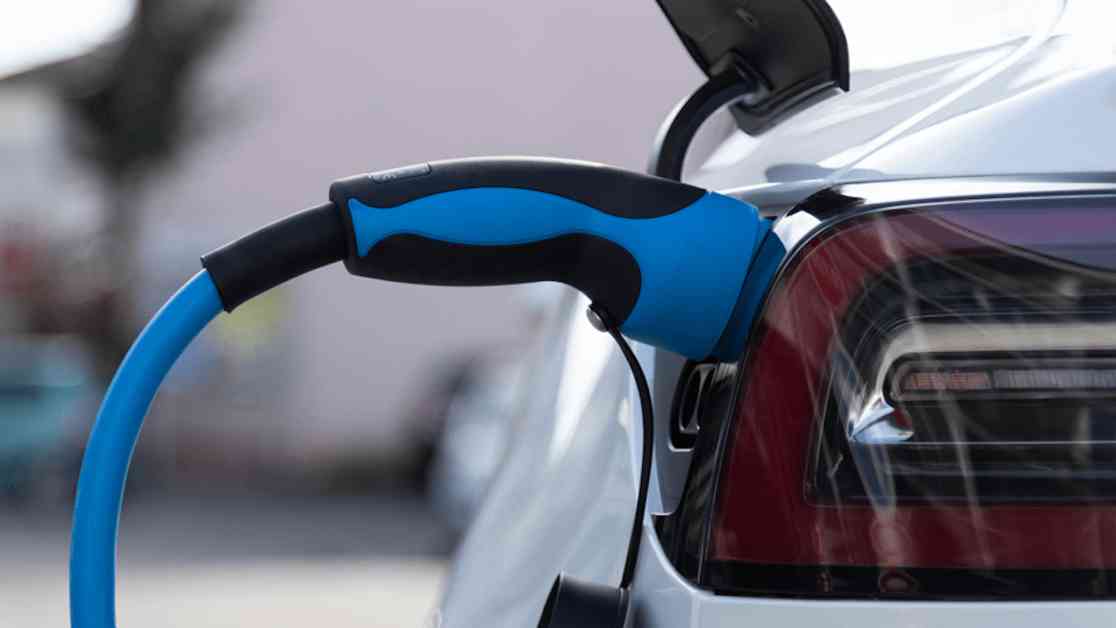The Trump Administration has made a bold move by ordering the shutdown of all electric vehicle (EV) chargers located at federal buildings nationwide. This decision comes as a surprise, especially considering the recent push towards electrification under the Biden administration. The U.S. General Services Administration (GSA) is at the center of this controversy, as they are responsible for managing contracts and procurement for the government, including vehicles and EV infrastructure.
The Impact of the Shutdown
According to reports, there are several hundred charging stations managed by the GSA, totaling around 8,000 charging ports across the country. These chargers were not only used by government-issued EVs but also by EVs owned by federal employees. The sudden shutdown of these charging stations has left many wondering about the fate of existing EVs and the future of electrification within the federal government.
An internal email from the GSA revealed that the agency had received direction that all GSA-owned charging stations were deemed “not mission critical.” This means that neither government-owned vehicles nor privately owned vehicles will be able to charge at these stations once they are out of service. The decision to shut down these chargers has raised concerns about the practicality of operating EVs within the federal fleet.
Uncertain Future
One of the biggest questions looming over this decision is what will happen to the disconnected EV chargers and the recently purchased EVs. The fate of these chargers and vehicles remains unclear, with speculation ranging from selling off the EVs to putting them into storage. The possibility of reverting back to gas-powered vehicles is also on the table, raising questions about the environmental impact and financial implications of such a move.
Furthermore, the shutdown of these chargers raises concerns about the accessibility of charging infrastructure for federal agencies, law enforcement, and military EVs. With many federal agencies relying on the GSA-managed EV chargers, the lack of available charging stations could pose significant challenges for those operating EVs within the government.
In light of these developments, it is essential to consider the broader implications of the Trump administration’s decision to shut down federal EV chargers. The move not only impacts the existing fleet of government-issued EVs but also calls into question the commitment to electrification within the federal government. As the GSA grapples with the fallout from this decision, the future of EVs within the federal fleet remains uncertain.










